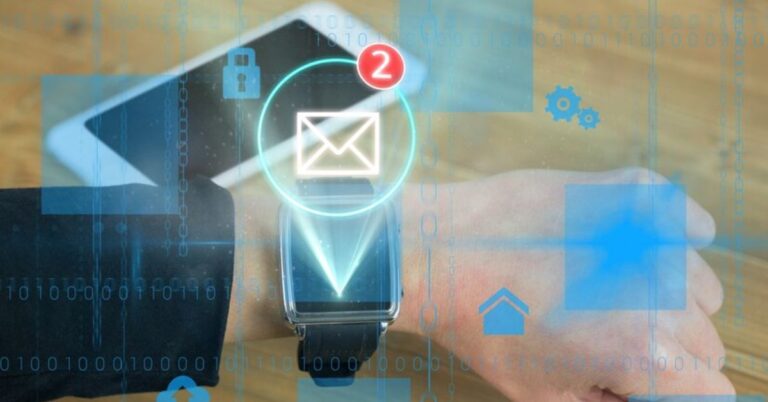When you think about sending a message, you generally think about sending an SMS through your preferred network. This messaging protocol has been a part of typical cellular networks for decades now.
A Short Message Service, or SMS, consists of 160 characters and can be sent or received between devices. Multimedia Messaging Service, or MMS, was an upgraded protocol that allowed users to send messages containing multimedia content. However, this didn’t become as popular as SMS since there were a lot of challenges associated with it.
Now, a few decades later, we are seeing the rise of RCS as a replacement for the older SMS and MMS protocols. So, what are its benefits? And how is it better than the older SMS and MMS protocols? Let’s find out!
- 4 Ways RCS and SMS Are Different From Each Other
- Does My Phone Support RCS Messaging?
- Is RCS Going to Revolutionize Messaging?
4 Ways RCS and SMS Are Different From Each Other
While both protocols allow you to send messages from one device to another, the underlying technology and features are vastly different, some of which have been explored below:
- Limitations: SMS has a character limit of 160 and doesn’t support multimedia in messages. On the other hand, RCS supports sending files, videos, audio, images, and GIFs within the messages. RCS doesn’t have a character limit for messages and these messages can be sent from one device to multiple ones at the same time through group chats.
- Network Usage: SMS works over your cellular network whereas RCS requires a data connection to support sending messages. Since 5G and LTE are available in most parts of the world, internet connectivity is plentiful and it enables all features of RCS. If there is no data connection, messages can be sent using SMS.
- Delivery Confirmation: With SMS, there is no built-in method for showing if the message was delivered to the other person. Some carriers offered this option, but it still wasn’t widely available. On the other hand, RCS is more advanced and informs the sender when the messages are delivered and read!
- Security: SMS doesn’t offer any form of encryption which means that third parties can intercept and tamper with the messages. RCS is a lot safer since it uses Transport Layer Security (TLS) for encryption of messages and Secure Real-time Transport Protocol (SRTP) for video and audio. Third-party applications using RCS can add their layer of encryption to add another layer of security!
- Business Integration: SMS doesn’t offer seamless integration with apps and services. However, RCS uses the device’s IP address for communication which allows better integration with other messaging services, business tools, and chatbots. This opens up a new avenue for marketers who can use RCS to market their businesses and services.
Does My Phone Support RCS Messaging?
On the surface level, RCS requires two things to work properly: support from your carrier and a reliable internet connection. Besides this, there are other factors, such as the device you’re using and if the operating system supports it.
To get the best out of RCS messaging, make sure you check if your carrier supports it beforehand. For a fast internet connection that can send and receive files and media through RCS quickly, we recommend checking out internet providers in your area that offer symmetrical speeds for smooth file transfer.
If you’re using an Android phone, chances are that RCS features are supported on it. If your Android phone has Android 5.0 or later and the latest version of Google Messages, you should have access to it.
Here are some things you need to ensure:
- Set Google Messages as the default messaging app on your phone.
- Go to Settings, head over to General, and turn on Enable Chat Features.
Apple is also rolling out RCS support with the new iOS 18 update which will be available for iPhone SE 2, iPhone XR, iPhone XS, and the later models.
Currently, Apple’s take on RCS messaging isn’t encrypted since they use the most basic implementation of it, known as the RCS Universal Profile. On the other hand, Google is using a more secure version of RCS with full encryption.
Is RCS Going to Revolutionize Messaging?
While RCS is a new revolutionary messaging technology, there are still a lot of quirks and issues that need to be ironed out before it’s widely adopted.
Now that both major smartphone platforms, Android and iOS, have adopted RCS, we are likely to see a faster development and adoption rate. It is already being widely adopted in a lot of markets in the USA, Brazil, Canada, Germany, the UK, and India, with full support from major carriers.
As more people and businesses embrace RCS as a way of communication, we are going to see a bigger impact, and possibly, a replacement for WhatsApp, iMessage, and Telegram.

